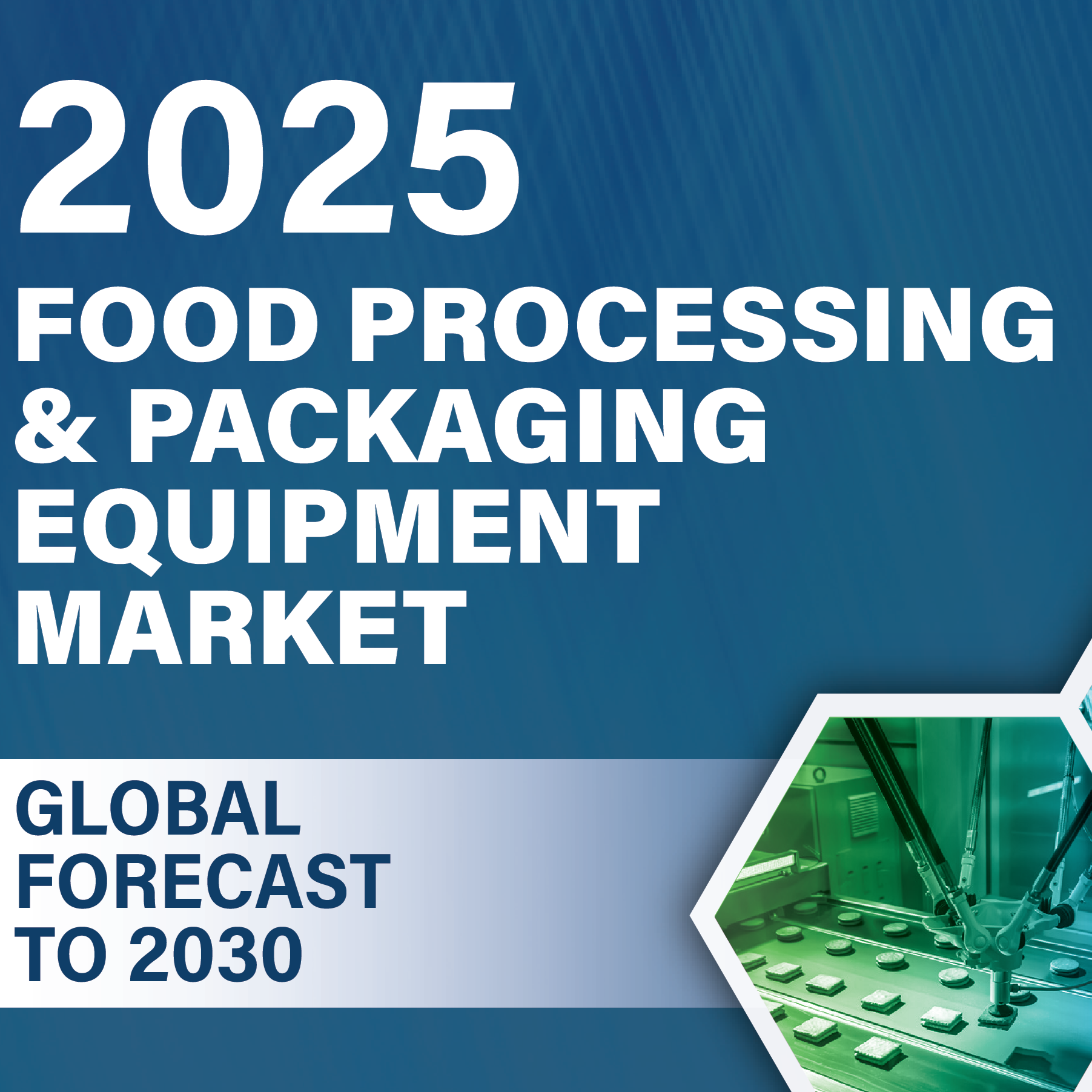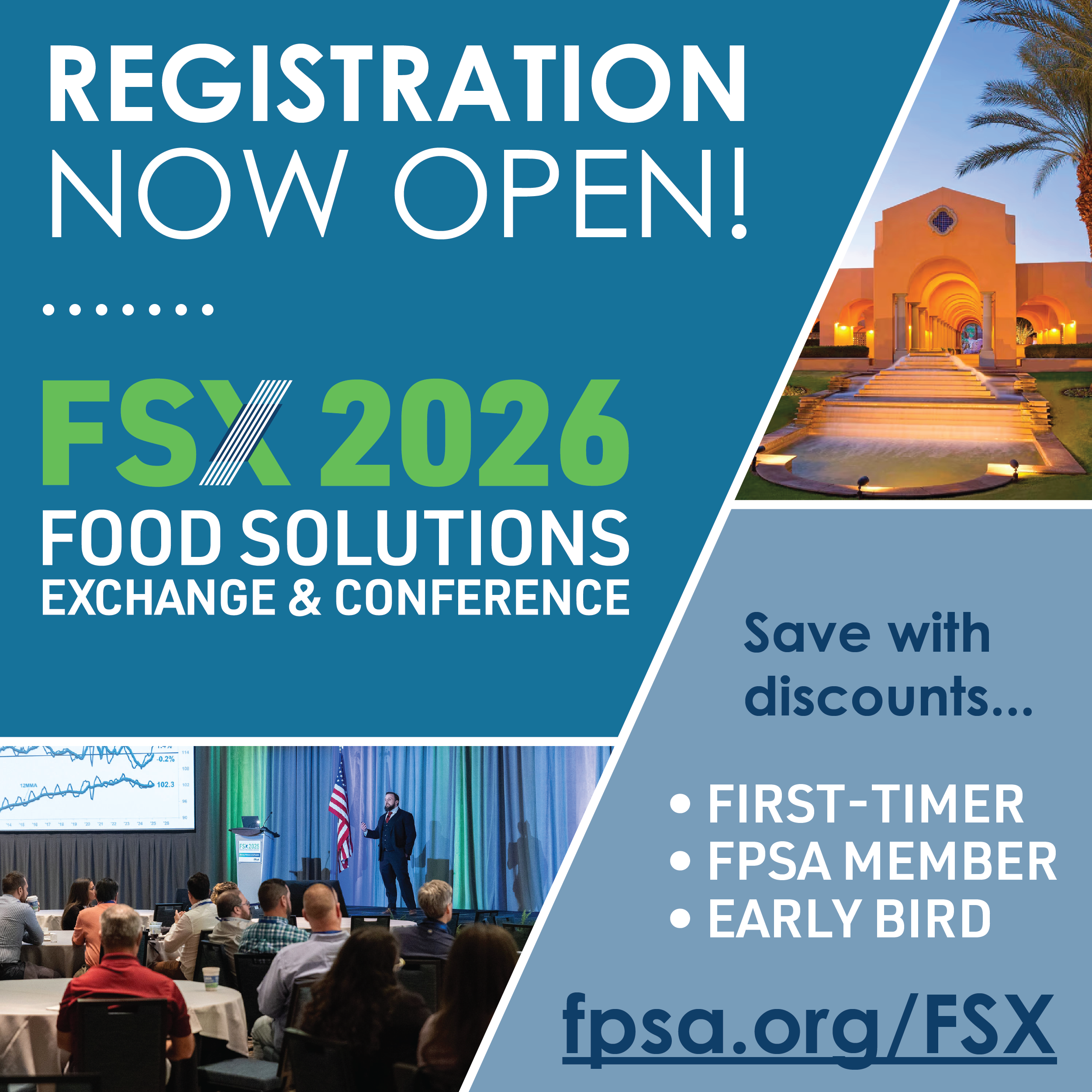Welcome to the
Food Production Solutions Association (FPSA)
Your Industry Community
The Food Production Solutions Association (FPSA) is a dynamic community of food producers, manufacturers, suppliers, and service providers.
We are the only association bringing together the entire food industry across all segments and verticals. We work to create a collaborative environment that brings together industry leaders, experts, and innovators through meaningful networking, education, industry engagement, and philanthropy.
Join FPSA and become part of a vibrant community shaping the future of food production.

Food Producers
Encompass the manufacturers, processors, and producers who create the food products consumed by humans and pets. From small artisanal operations to large-scale production facilities, these members represent the heart of food creation.

Original Equipment Manufacturer (OEMs)
Create the equipment and services that make food manufacturing possible. These companies produce components and systems that keep the industry running efficiently and safely.

Associates
Provide the essential services and products that support both OEMs and Food Producers. This includes everything from waste management and software solutions to legal services, packaging providers, and specialty ingredient suppliers.

Consultants
Independent professionals who specialize in guiding organizations within the greater food production industry,
Featured Events
Food Solutions Exchange & Conference (FSX)
March 11-13, 2026 | Rancho Mirage, CA
The premier networking and knowledge-sharing event where approximately 250 industry leaders from top companies explore the latest trends, discover innovative solutions, and build valuable connections that drive business forward
FPSA is launching two new leadership development programs in 2026 for early to mid-career professionals in food production and manufacturing:
FPSA Emerging Leaders Program
- Four-month cohort-based program, Spring 2026, Virtual & In-Person
- Builds strategic thinking, communication excellence, and industry-specific leadership skills
- Investment: $3,200 Members | $3,700 Non-Members (scholarships available)
Cultivate – Leadership Growth Lab
- Two-day interactive conference, Fall 2026, Southeast U.S.
- Develops foundational leadership capabilities through hands-on learning and peer collaboration
- Investment: $995 Members | $1,495 Non-Members
Both programs address critical workforce needs identified in FPSA's 2025 Workforce Gap study, which found that early career professionals have leadership skill deficiencies at hire or promotion.

Educational Webinars
FPSA hosts a variety of timely webinars, both for members only and open to the public. Click HERE to view to entire calendar.
 .
.
EATS – Equipment and Technology Show for Food & Beverage
October 26-28, 2027 | Chicago, IL
North America's premier show representing the entire food and beverage production industry. EATS brings together eight key sectors for three full days of networking, innovation, and solutions, with interactive experiences and expanded education delivered right on the show floor.

Featured Content

Global Trend Study
The FPSA Global Trend Study is a comprehensive report that provides members with exclusive growth projections and strategic insights across the industry, forecasting the food processing and packaging equipment market through 2030.
Core Focus Areas
Food Safety
Ensuring the highest standards and best practices
Technology & Innovation
Driving advancement and efficiency
Workforce & Human Capital
Developing talent and leadership
Regulatory Developments
Navigating compliance and policy changes
Career & Leadership
Building the next generation of industry leaders
Ready to Join the Future of Food Production?
Whether you're a new business looking to break into the industry or a seasoned professional seeking to expand your network and knowledge, FPSA is here to support your journey. Discover how much more you can achieve as part of our community.
FPSA Members





















































































































.jpg?width=319&height=257&name=Palermos_31255-Graphic-PVI-Logo%20(002).jpg)










































































.png)